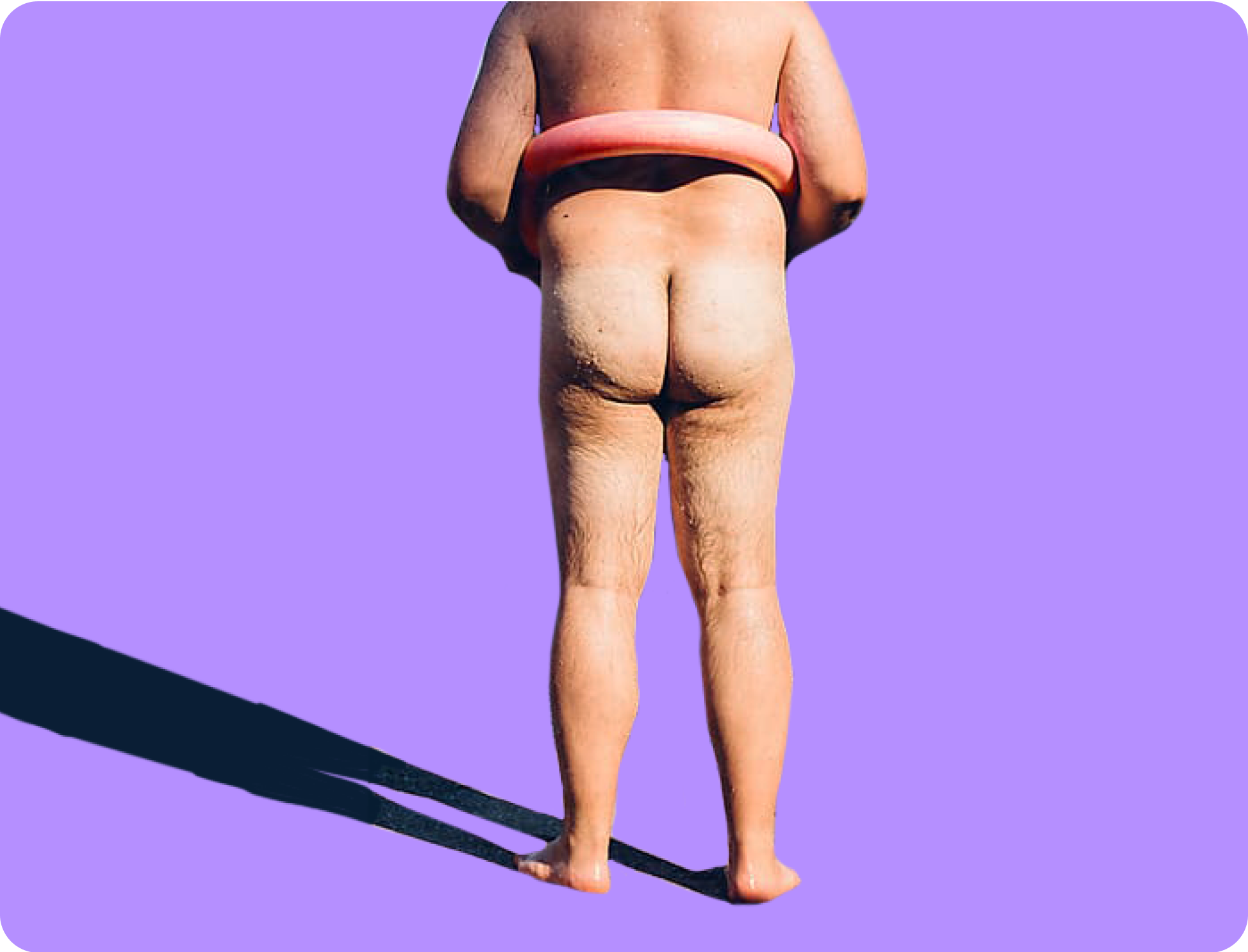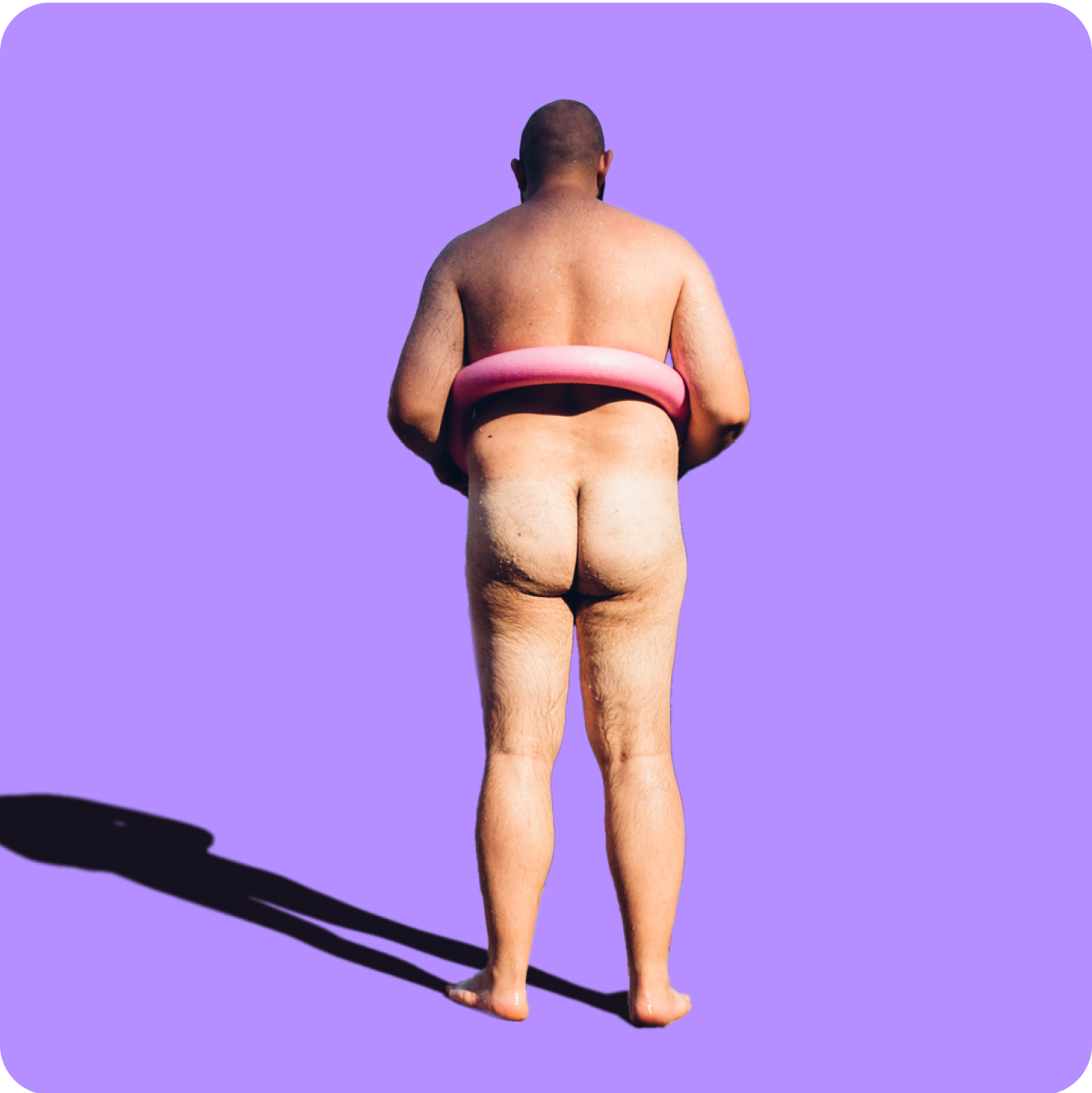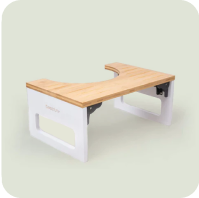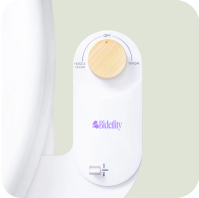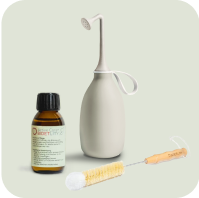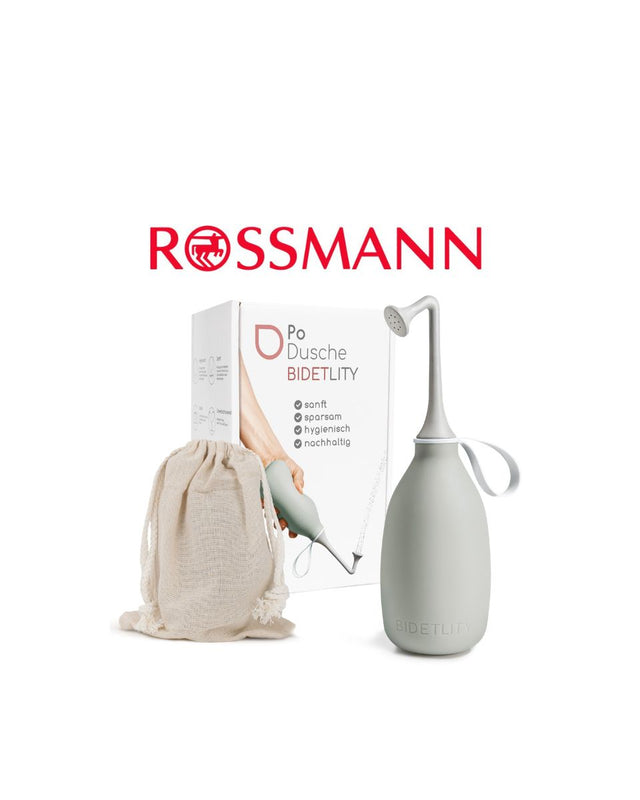Anal fistulas are tears in the anal skin and mucosa that become chronically inflamed, resulting in a perpetually reopening, non-healing, narrow ulcer. These tears are often noticed at the back (towards the coccyx) of the anus. Over time, high pressure in the anal sphincter, which lies beneath the mucosa, can develop. The persistent nature of the wound is due to poor blood circulation, which is in turn caused by elevated resting pressure in the sphincter muscle. Externally, a skin tag often forms at the fissure site.
The condition primarily causes sharp, burning pain during bowel movements. In some cases, the pain is also intensely felt without bowel movements, leading to painful anal spasms. These spasms further inhibit the fissure's healing. During bowel movements, the ulcer can reopen, causing bleeding. Occasionally, itching may also occur.
